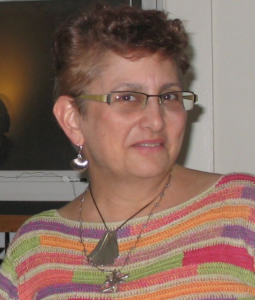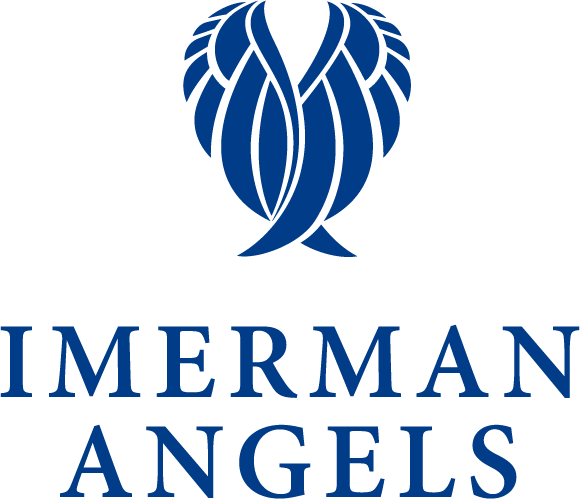 After being a mentor with Imerman Angels for the past few years, it feels like the right time to talk about my experiences. Being mentored was such a boon to me during my treatment! When I decided to volunteer myself, it was to give back, especially since my type of cancer (oral, head and neck cancer) is not well represented in the cancer support world. Mentoring was also about giving meaning to the traumas of my own treatment. Could what I learned from this life trial help make the experience easier for others? Reaching out made what I went through easier to accept, made me more aware that I really had come out the other side.
After being a mentor with Imerman Angels for the past few years, it feels like the right time to talk about my experiences. Being mentored was such a boon to me during my treatment! When I decided to volunteer myself, it was to give back, especially since my type of cancer (oral, head and neck cancer) is not well represented in the cancer support world. Mentoring was also about giving meaning to the traumas of my own treatment. Could what I learned from this life trial help make the experience easier for others? Reaching out made what I went through easier to accept, made me more aware that I really had come out the other side.
My mentoring story began with my own diagnosis and treatment for cancer in 2012 when I had a painful sore removed from the front underside of my tongue. Unfortunately, the cancer had already spread to one of my lymph nodes and I began a six-week course of radiation treatments to the left side of my head and neck. At that point, I needed answers to so many questions about the illness and its possible remedies. While everyone I met during treatment was helpful, no one else had oral cancer or understood its very specific issues. When I explained that I couldn’t find others with oral cancer to talk to, the social worker at George Washington University Hospital told me about Imerman Angels.
My Imerman Angel mentor, a hospital worker from the Midwest, was a major force in helping me through my radiation treatment. She knew exactly how difficult the treatment would be, what palliative treatments helped ease the pain, and how much strength I would need during the long recovery. Six months later, when I had surgery to remove lymph nodes, I was mentored by a wonderful Seattle woman through the oral cancer organization SPOHNC (Support for People with Oral, Head and Neck Cancer.)
I waited many months after my treatment before I decided to become a mentor myself. Since that time, I’ve worked with oral cancer survivors from many parts of the country, such as a tiny town in Georgia and in very urban Chicago. Every situation has been different – as different as the personalities and lives of the mentees, their diagnoses, and their specific treatments. I’m no longer surprised by comments from mentees about their oral cancers because I know there is a wide range in people’s support systems, approaches to food, and physical and emotional reactions to radiation, chemotherapy, and surgery.
Each person’s circumstance has required me to gain new knowledge and to adjust to the individual’s process. It’s put me in touch with my own process — seven years post-treatment, I’m still dealing with some long-term issues, and working with others helps me as well. I now know about treatment side effects completely different from my own and have become aware of evolving treatment methods. The world of patient support has also changed; cancer patient navigation was just beginning in 2012 and is now available in most medical settings.
Mentoring forms community. At our most vulnerable times, during diagnosis, treatment, and recovery, we find out that we are not the only ones going through these things. Just as helping others adds meaning to my own life, it spreads the word that peers can guide others. While this is not a new idea, peer-to-peer mentoring is still not well known. It’s up to us in the cancer community to spread the word as we help others.
I asked a mentee I’m still in touch with how mentoring helped her and she wrote: “You have been a great inspiration and a very compassionate cheerleader while I have been going through this journey! It is so nice having someone who completely understands what I’ve been through and what I’m feeling daily and reassuring me when I wrote how bad things were that they WILL get better.” Knowing I’ve helped someone else on the journey towards recovery makes everything I’ve gone through worth it.
To become a Mentor Angel, register at www.imermanangels.org/give-support.
